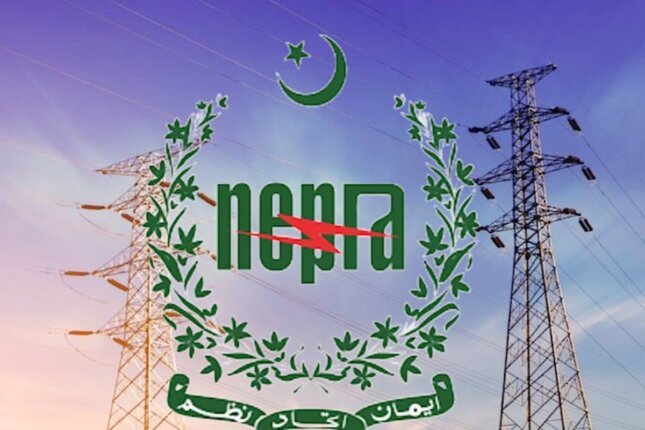ISLAMABAD: Member (Technical) of the National Electric Power Regulatory Authority (NEPRA), Rafique Ahmad Shaikh, has raised serious concerns over inefficiencies in Pakistan’s power system and called for urgent action to address transmission bottlenecks. His comments came in a dissenting note attached to NEPRA’s decision on quarterly tariff adjustments for May to July 2025, applicable to all consumer categories except lifeline and prepaid consumers.
Shaikh highlighted that due to constraints in the transmission system, the country was forced to pay Rs69 billion in capacity payments to three coal-fired power plants despite their extremely low utilisation rates. Specifically, he pointed to Port Qasim, China Power, and Lucky Electric, which reported utilisation factors of approximately 1 percent, 10 percent, and zero percent, respectively, during the third quarter of FY2024-25. Despite minimal generation, these plants claimed capacity payments of Rs26.95 billion, Rs30.88 billion, and Rs11.26 billion, respectively.
The overall capacity claimed by distribution companies (Discos) for the third quarter amounted to Rs362.395 billion, significantly lower than the reference figure of Rs459.286 billion. Meanwhile, electricity sales during the period stood at 19,968 GWh, compared to a reference of 21,846 GWh. Normally, a decline in sales leads to higher capacity charges due to the fixed-cost nature of these payments.
“In total, around Rs69.09 billion has been claimed in capacity charges despite minimal generation,” Shaikh noted. “This reflects a major inefficiency in the system and underscores the urgent need to address transmission bottlenecks and improve generation dispatch practices to ensure optimal use of low-cost generation resources.”
Shaikh’s note was issued alongside NEPRA’s approval of a Rs1.55 per unit reduction in electricity tariffs, amounting to a Rs52.6 billion refund to consumers of Discos and K-Electric in their May, June, and July 2025 bills.
The note further explained that the negative adjustment this quarter was partly due to the termination of certain Power Purchase Agreements (PPAs) and other adjustments related to Independent Power Producers (IPPs). While the quarterly adjustment has decreased significantly, Shaikh stressed that better governance and more efficient system operations could have boosted electricity sales and led to an even greater reduction.
Shaikh also drew attention to capacity payments claimed by GENCO-II (Guddu Old), GENCO-III (TPS Muzaffargarh), and GENCO-I (Jamshoro Power Company Limited), which collectively received Rs1.23 billion Rs469 million, Rs350 million, and Rs418 million, respectively, despite not generating any electricity during the quarter.
“These plants have high generation costs and poor operational efficiency, with little to no likelihood of receiving dispatch orders in the future, especially given the availability of surplus, cost-effective capacity in the system,” Shaikh stated. “Continuing capacity payments to such non-operational and inefficient assets imposes an unnecessary financial burden on both the power sector and end consumers.”
He called for a targeted and strategic review of the sector to rationalize expenditures and improve overall efficiency, urging stakeholders to take decisive action.




